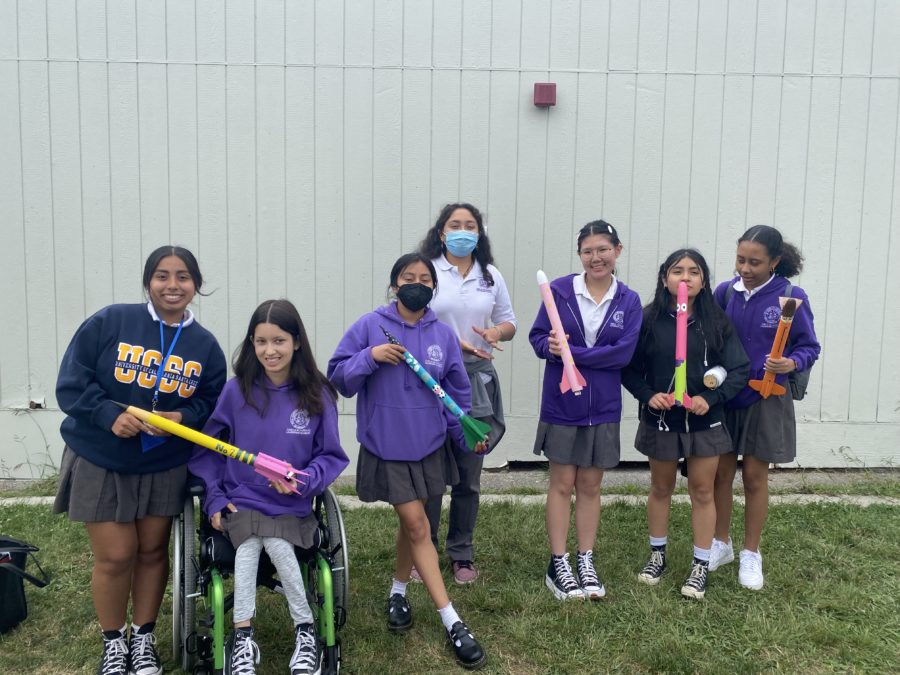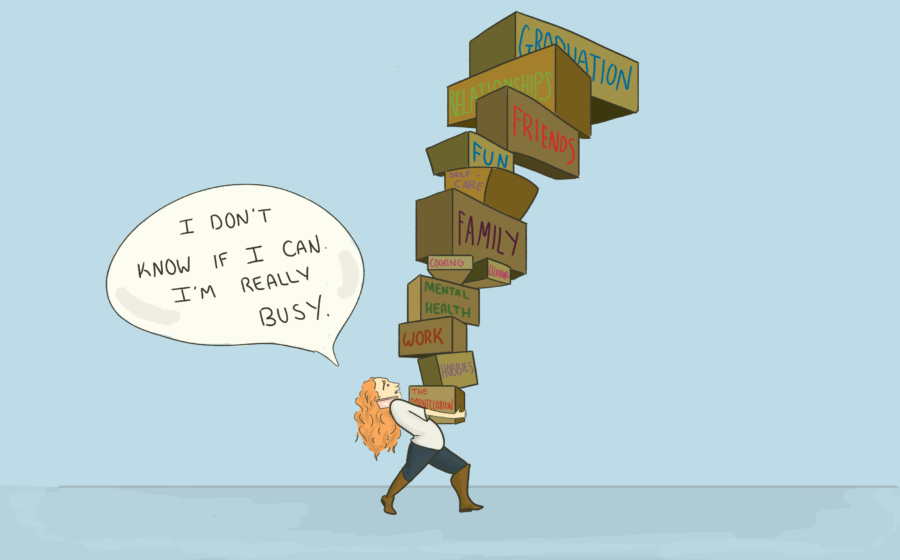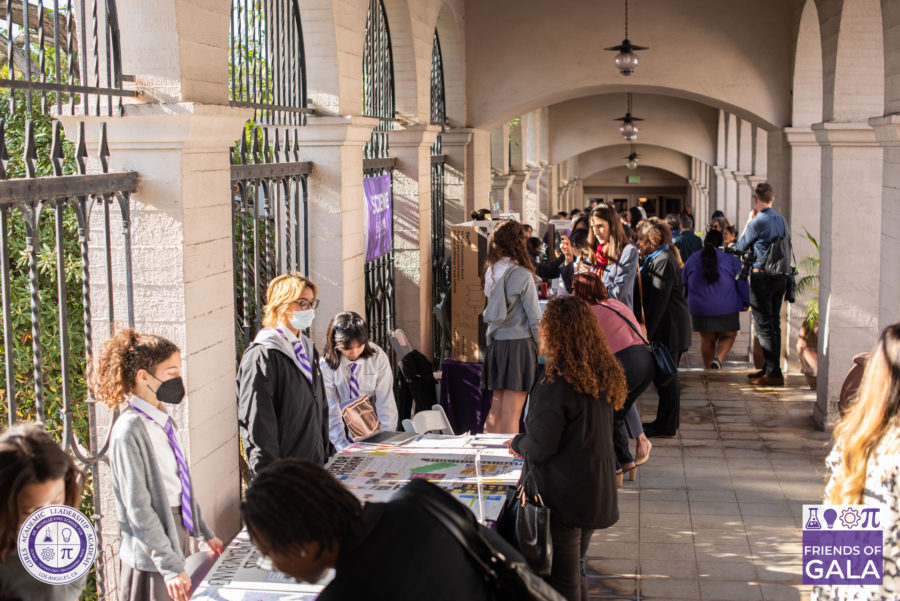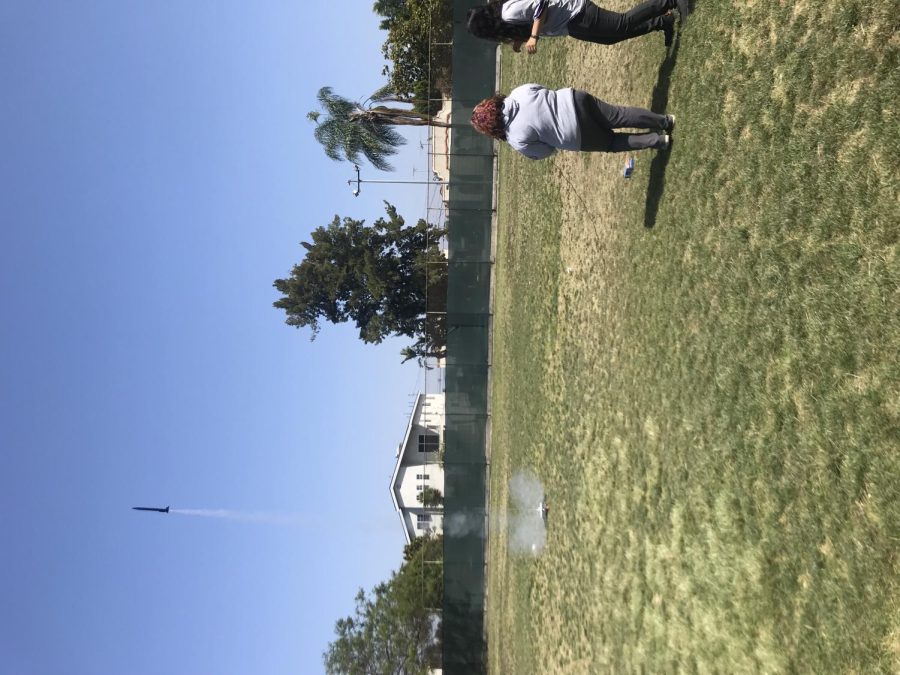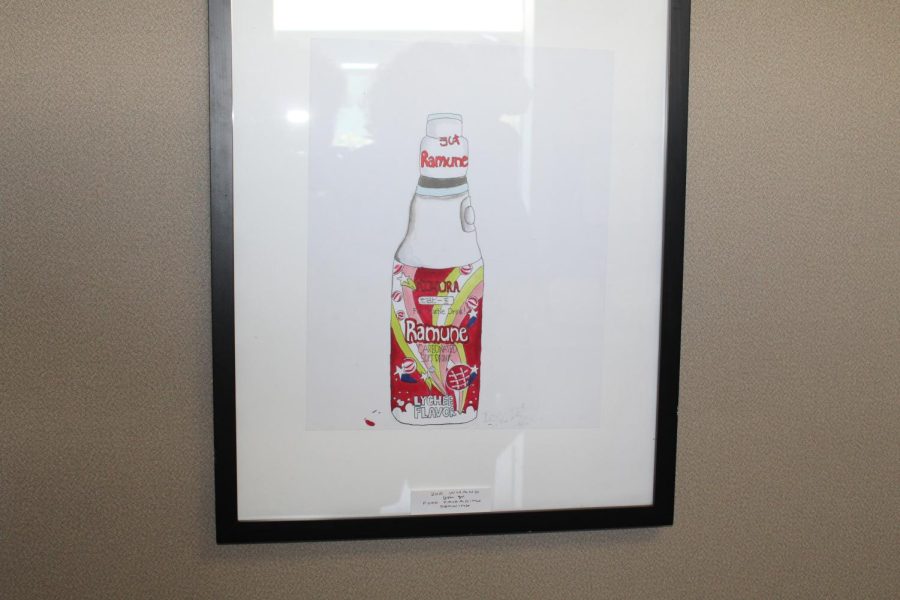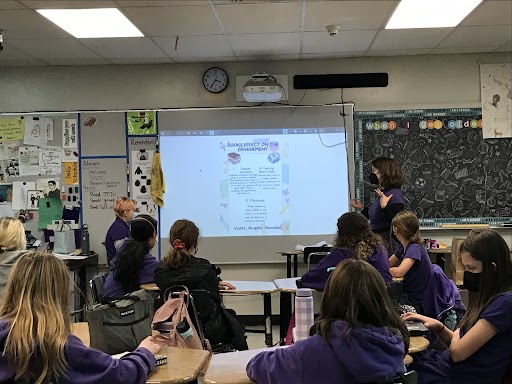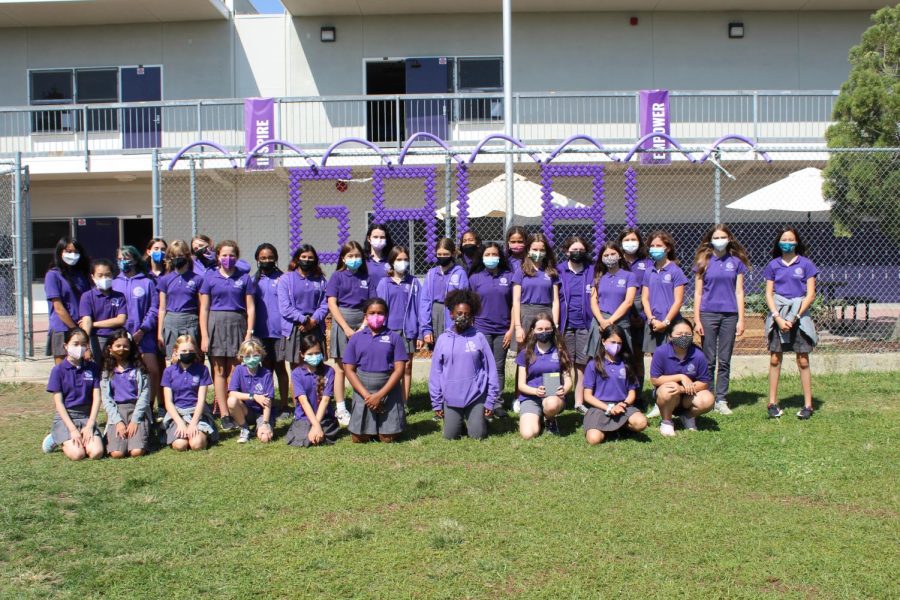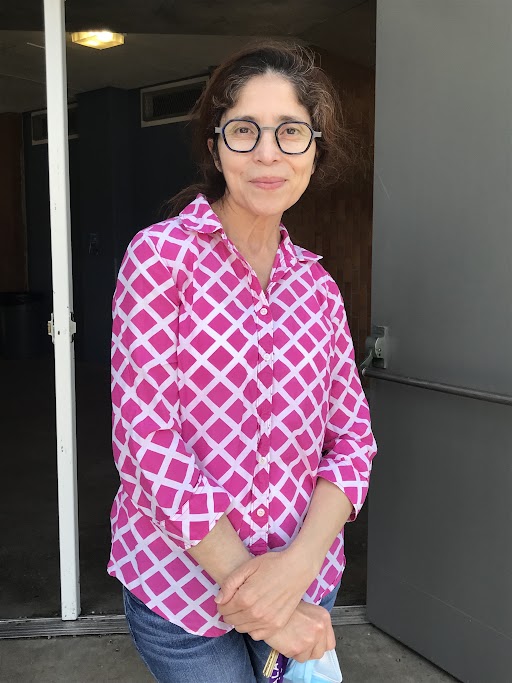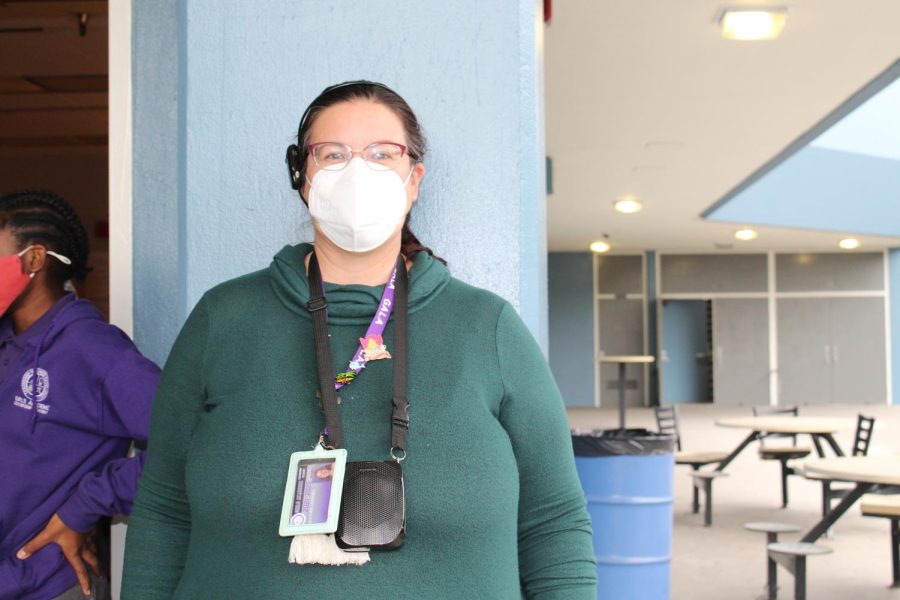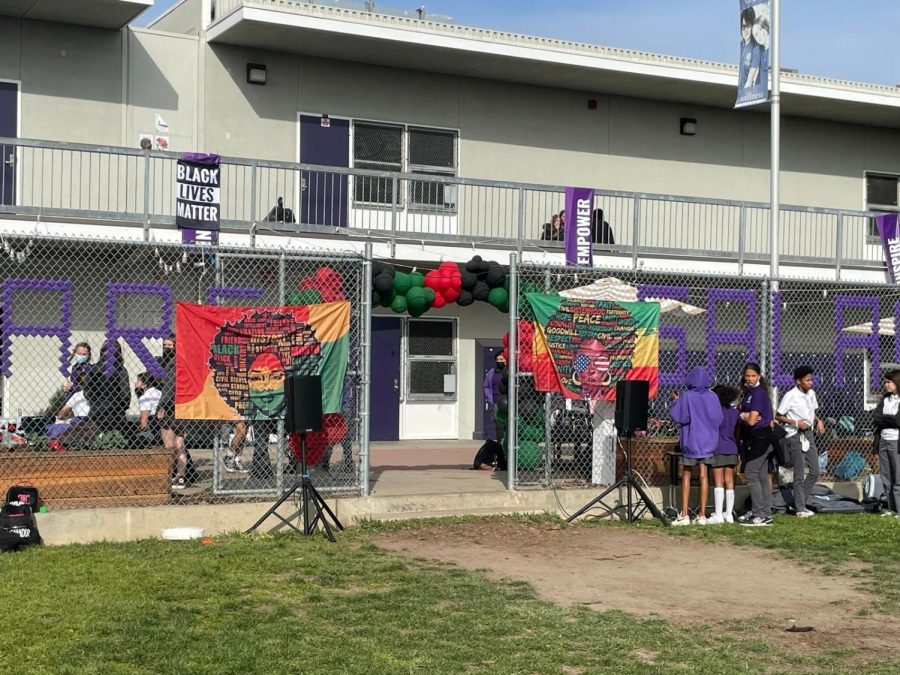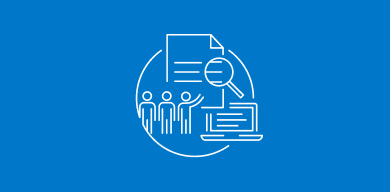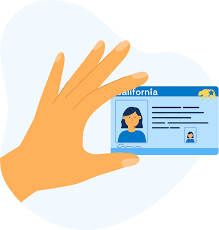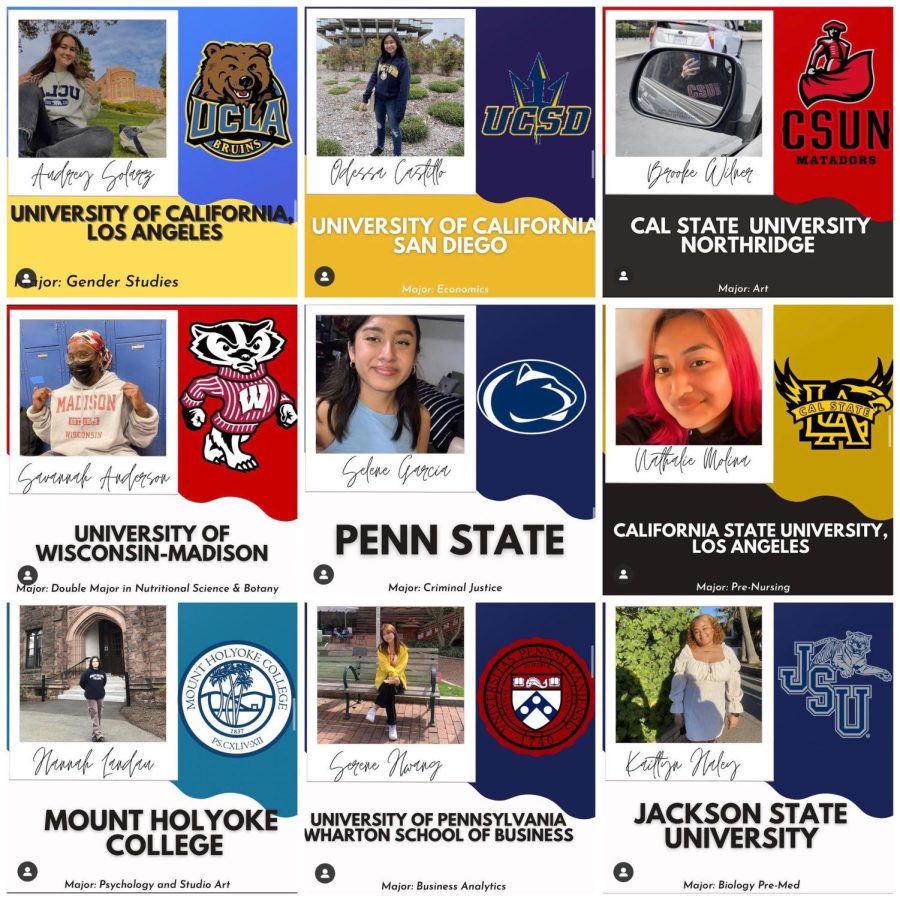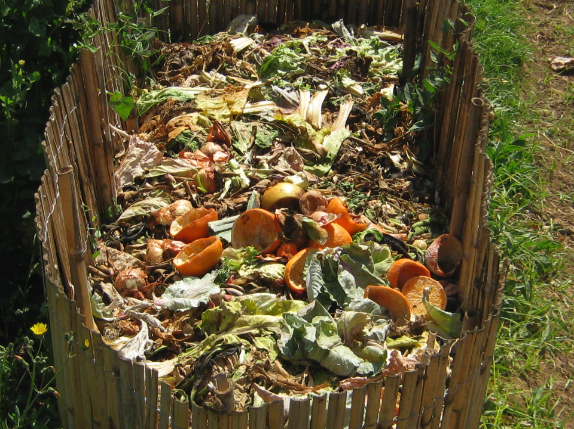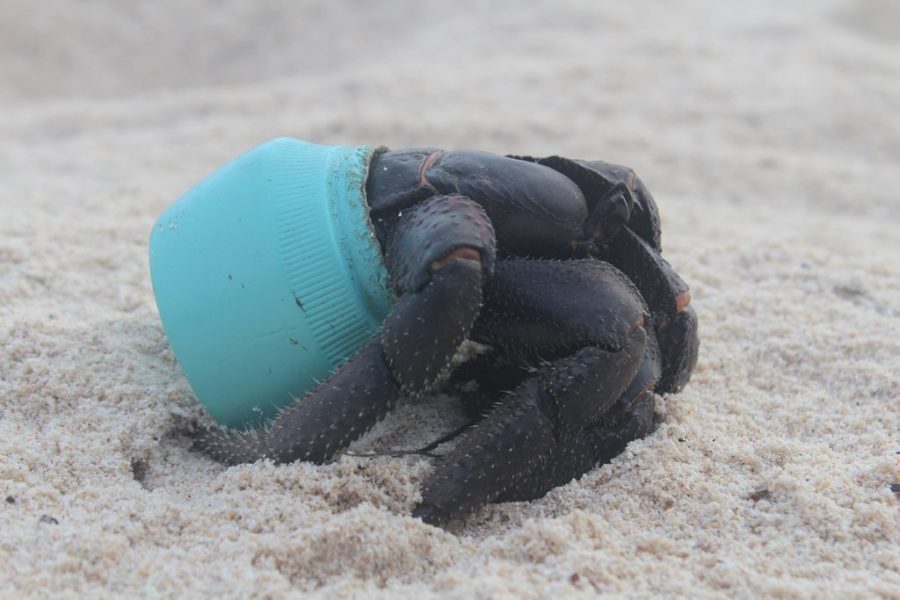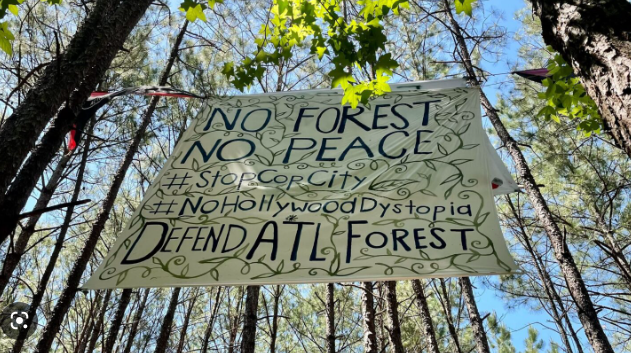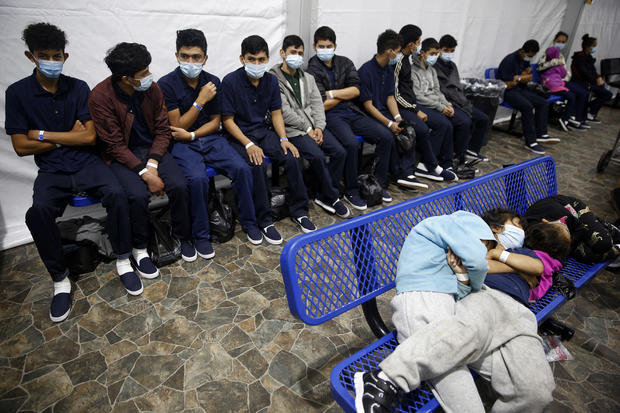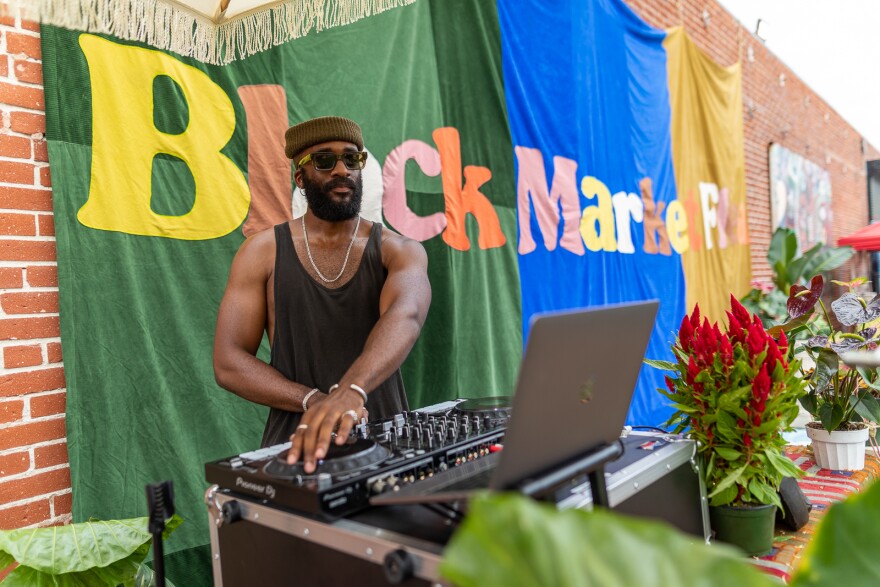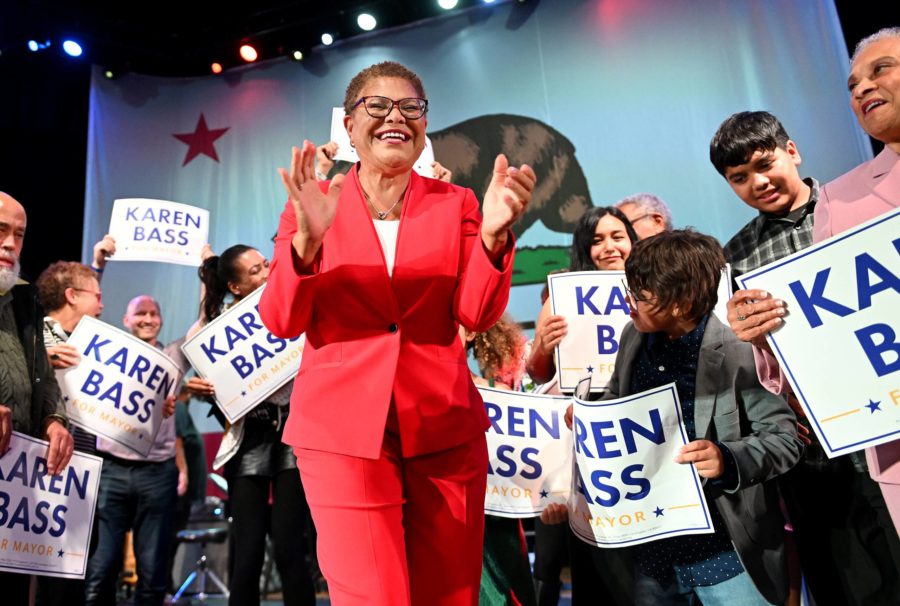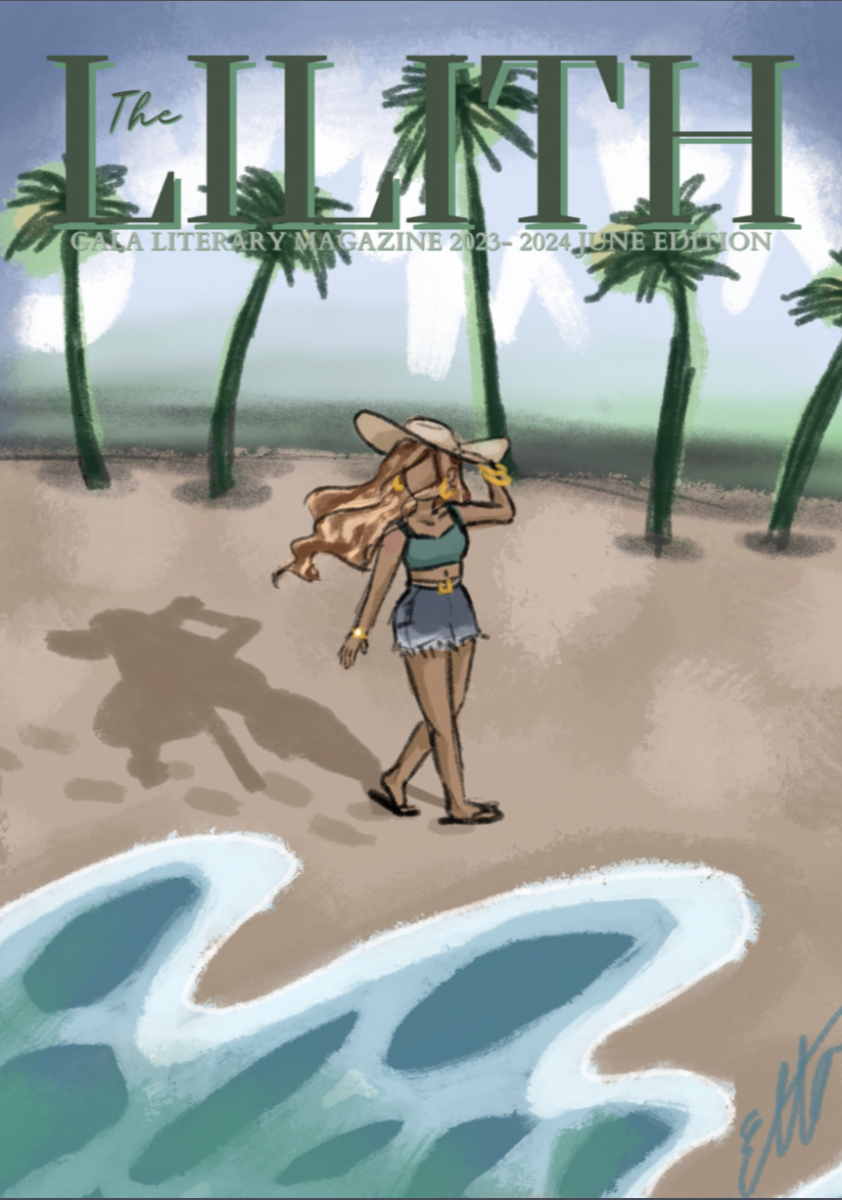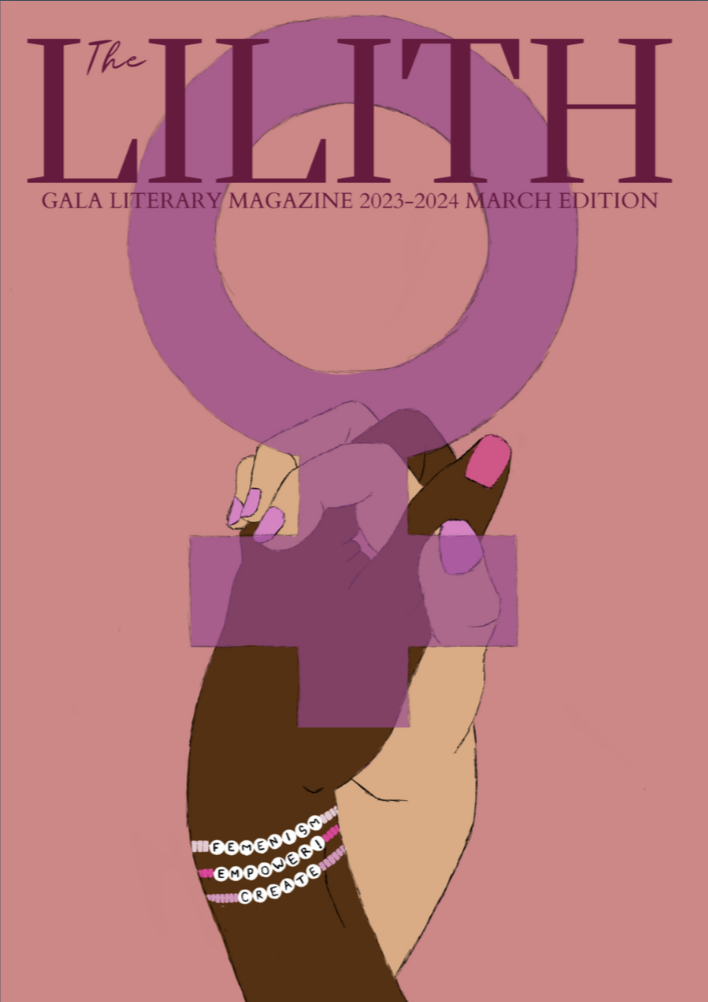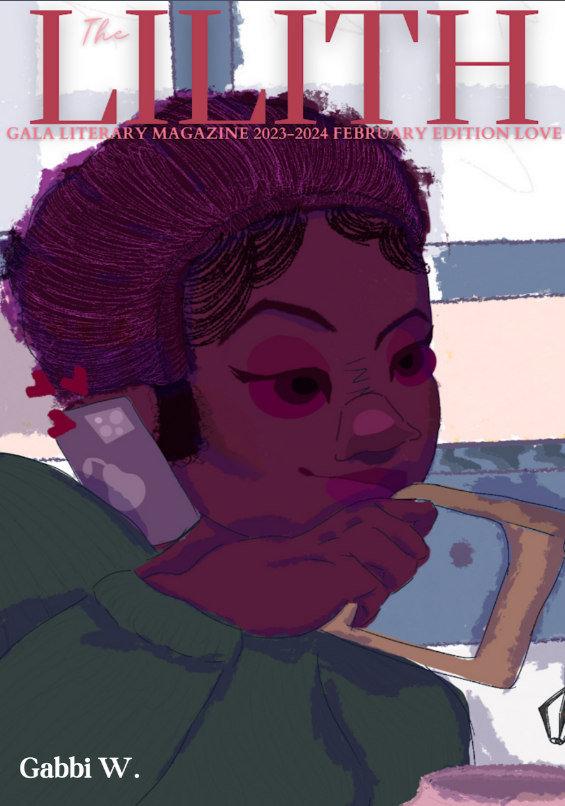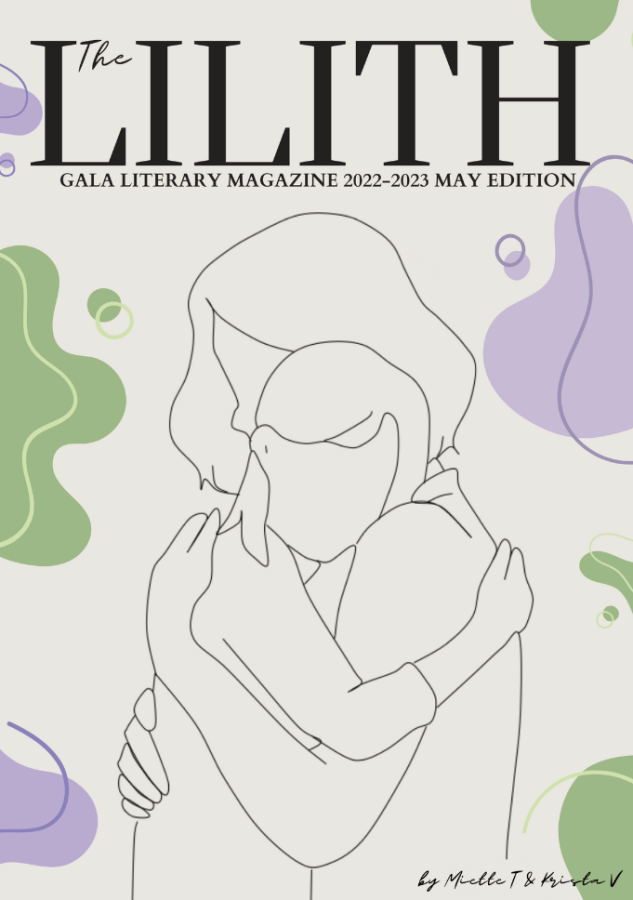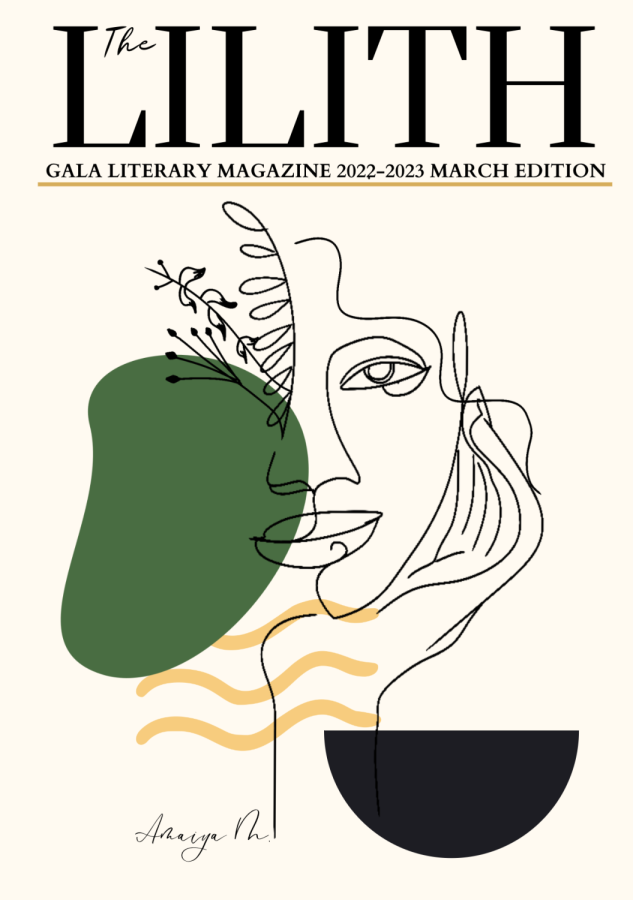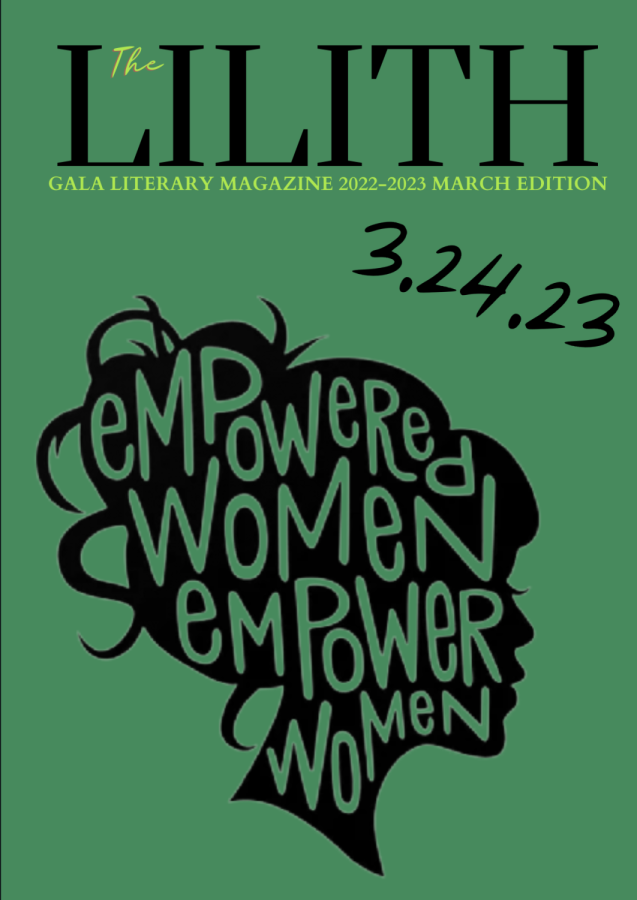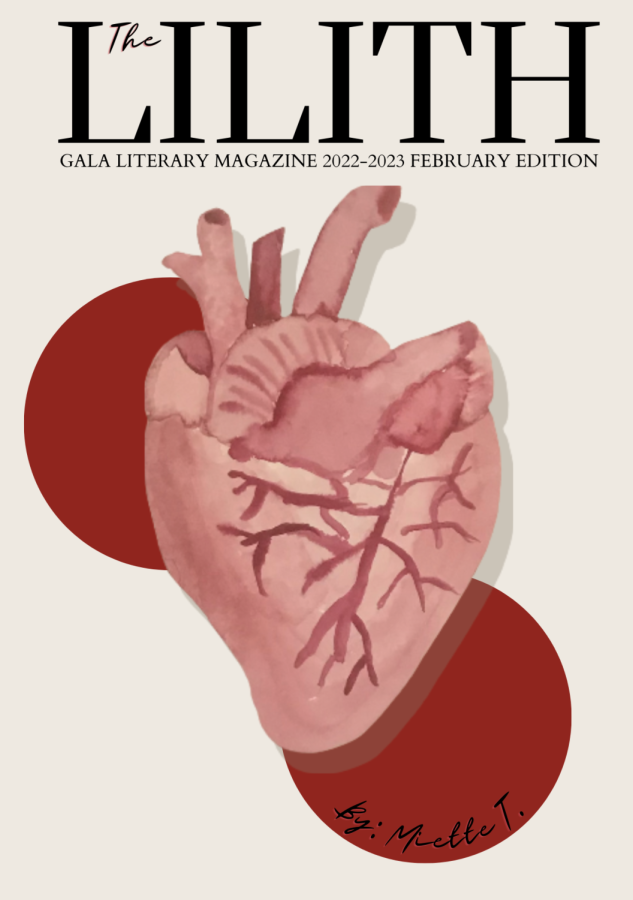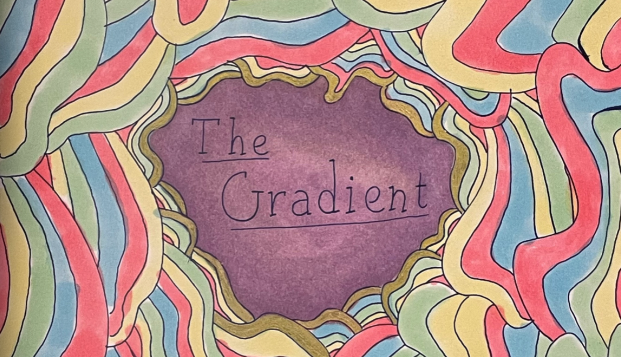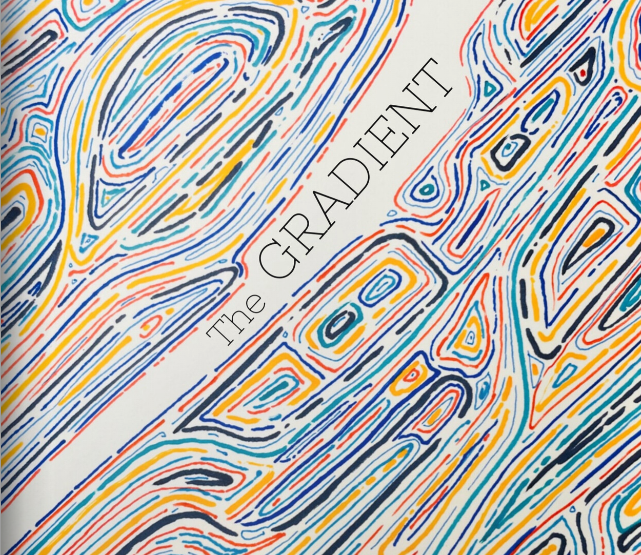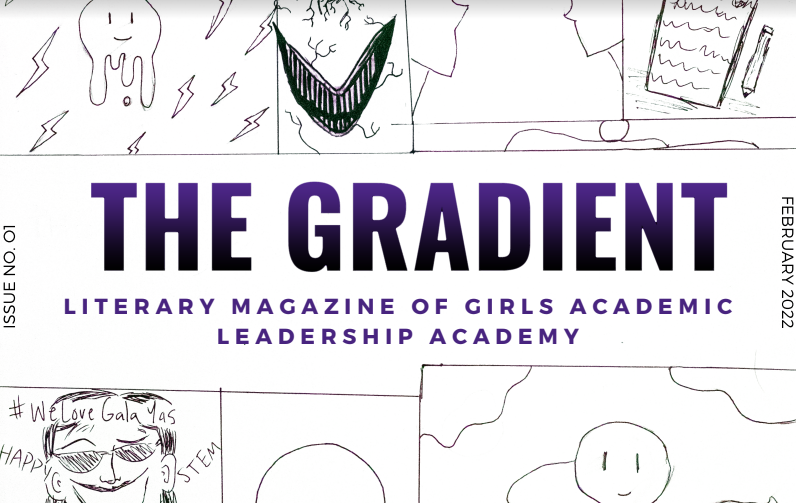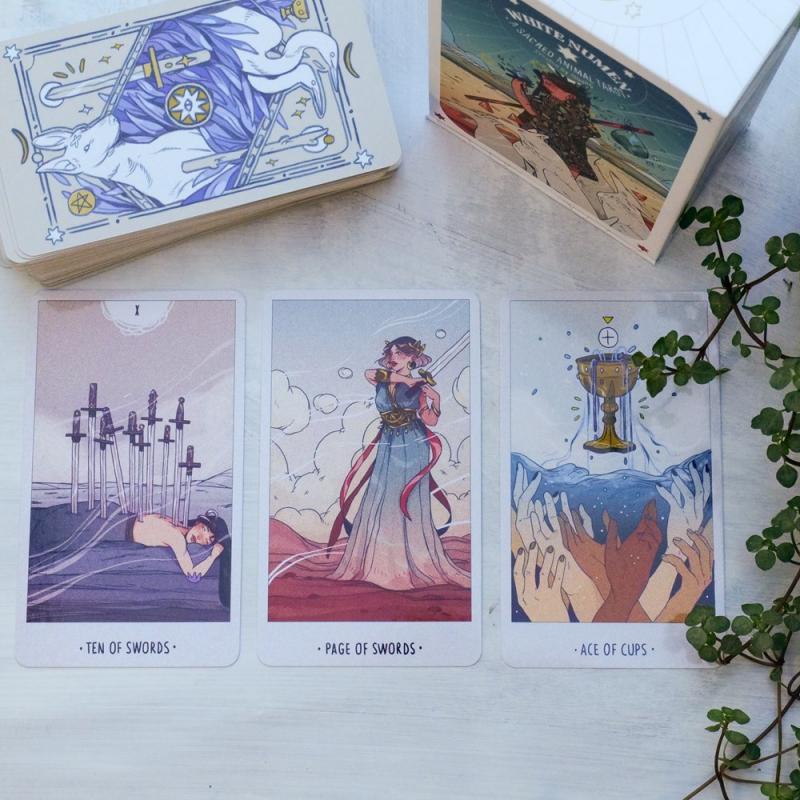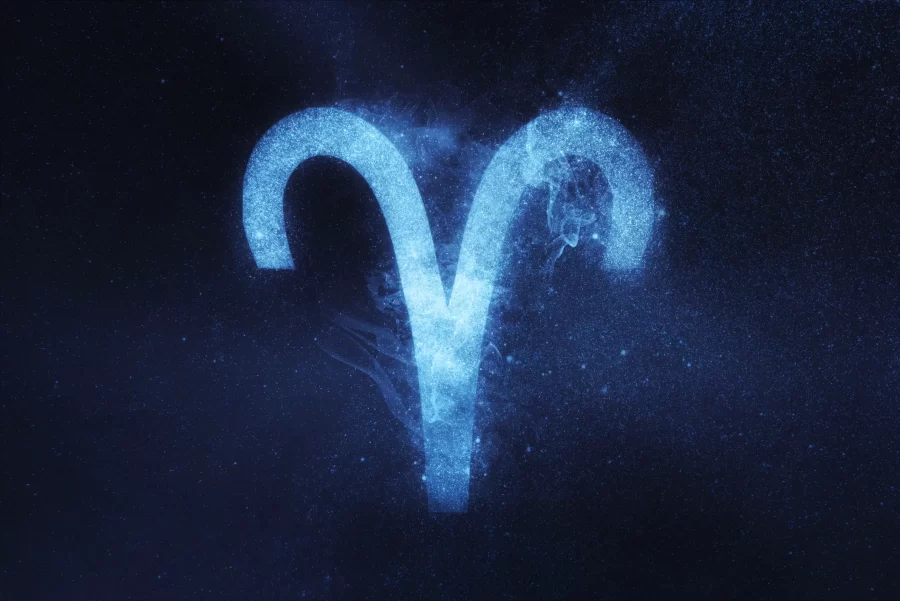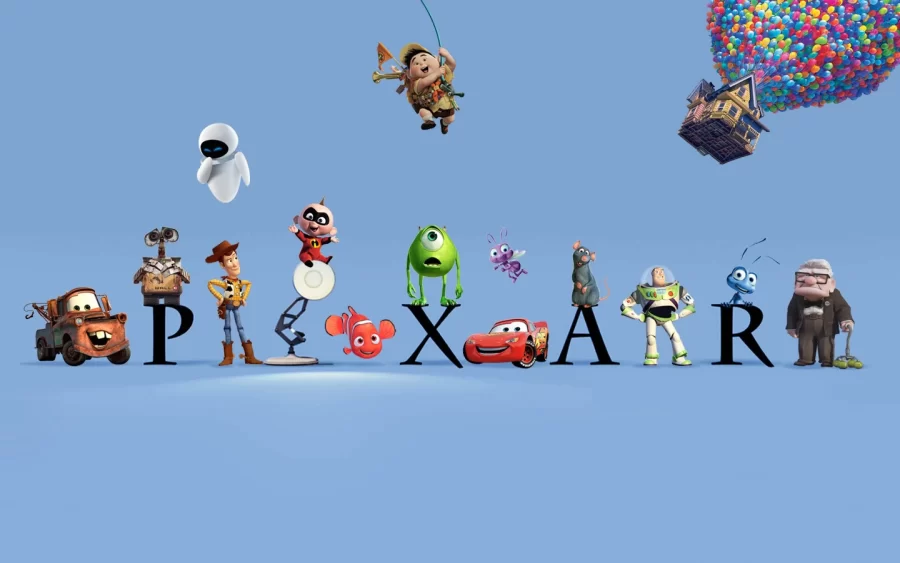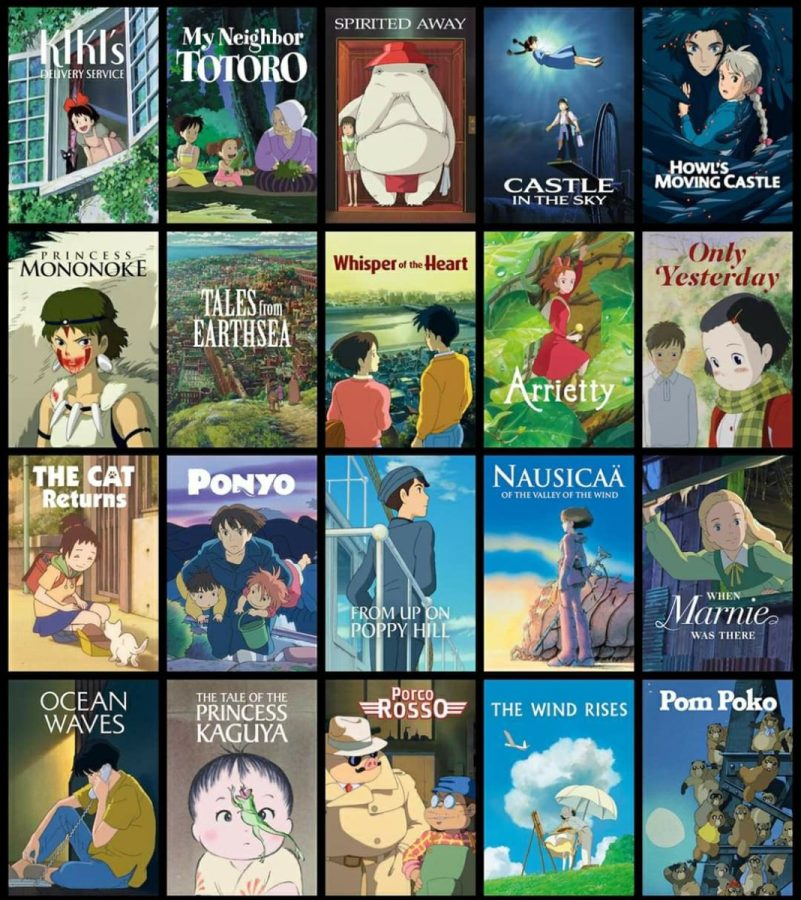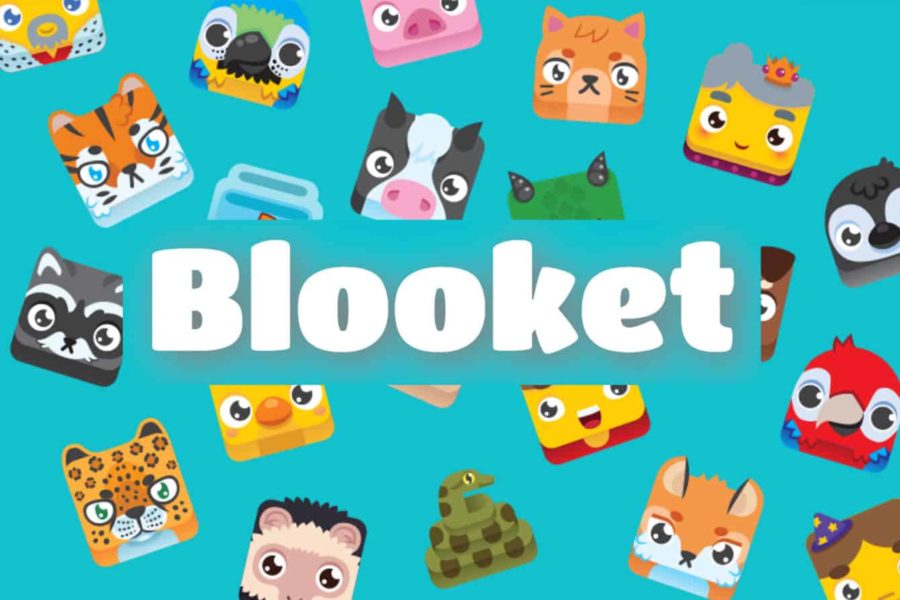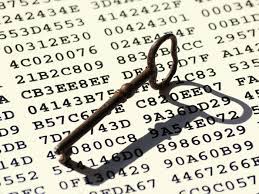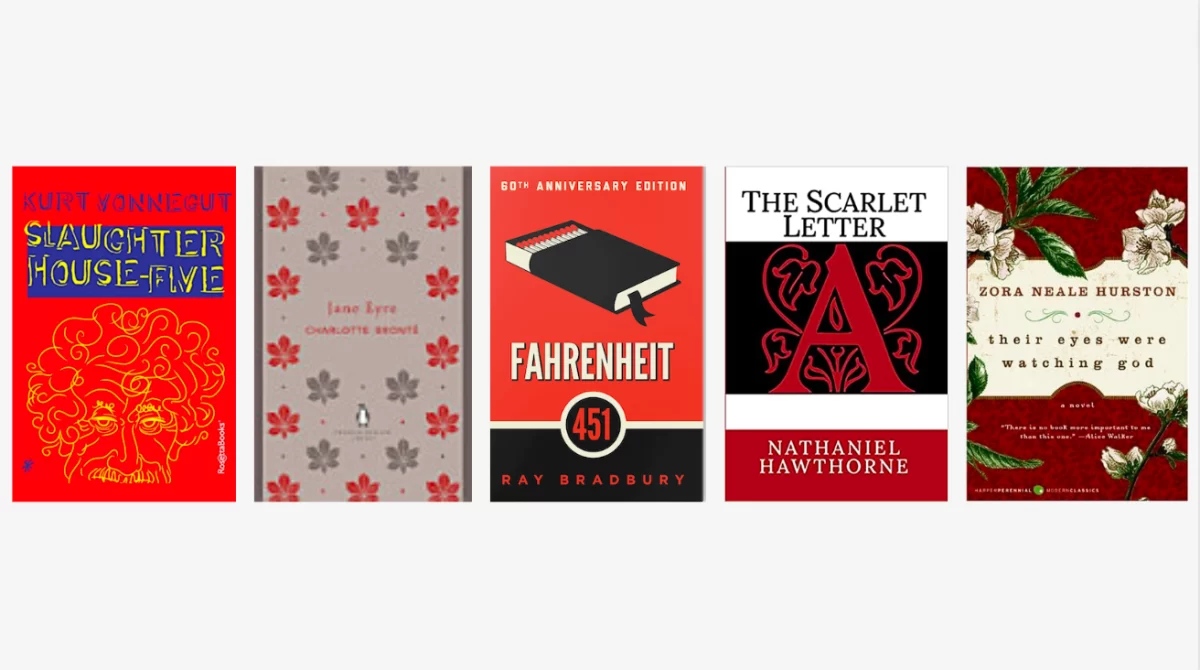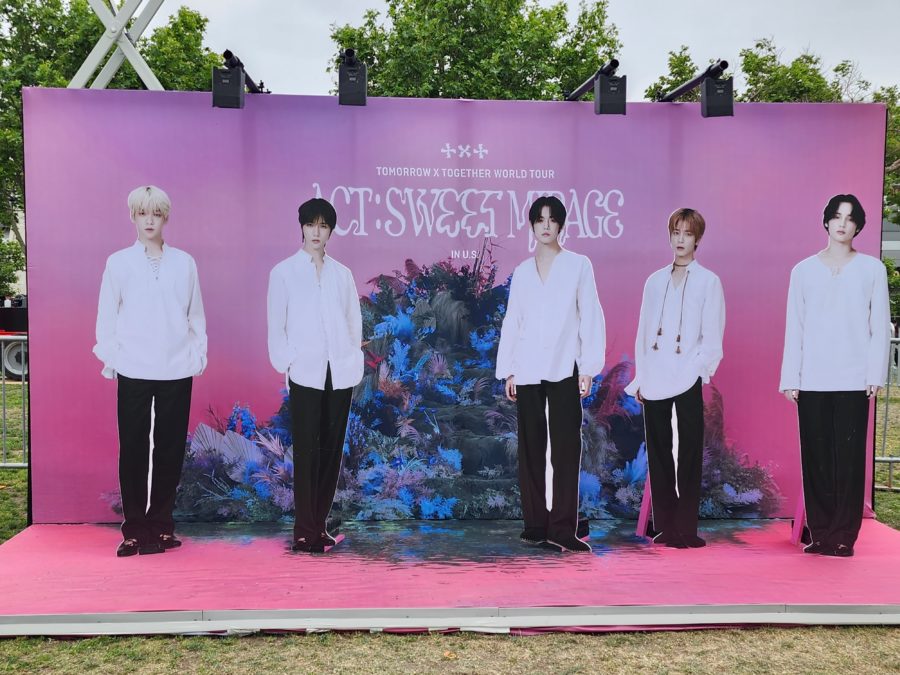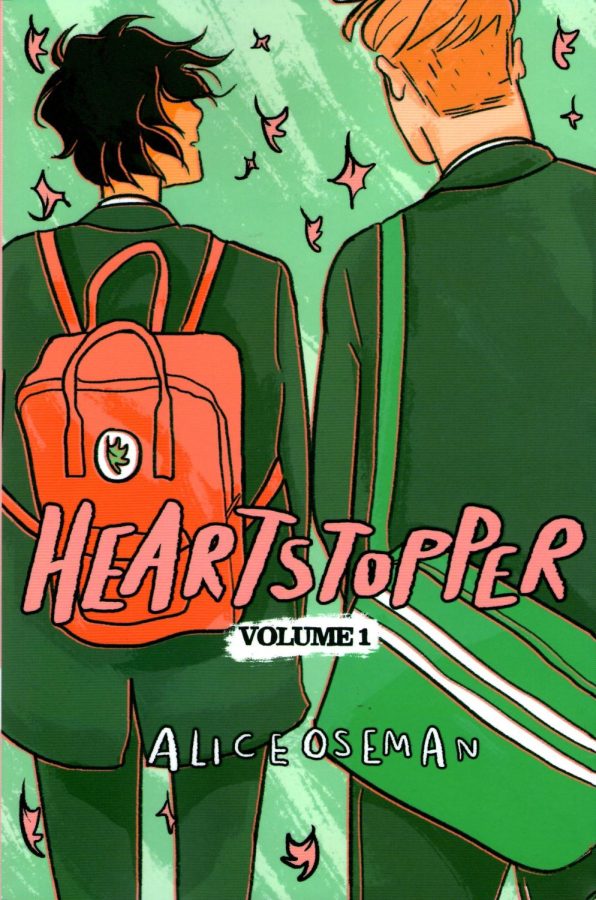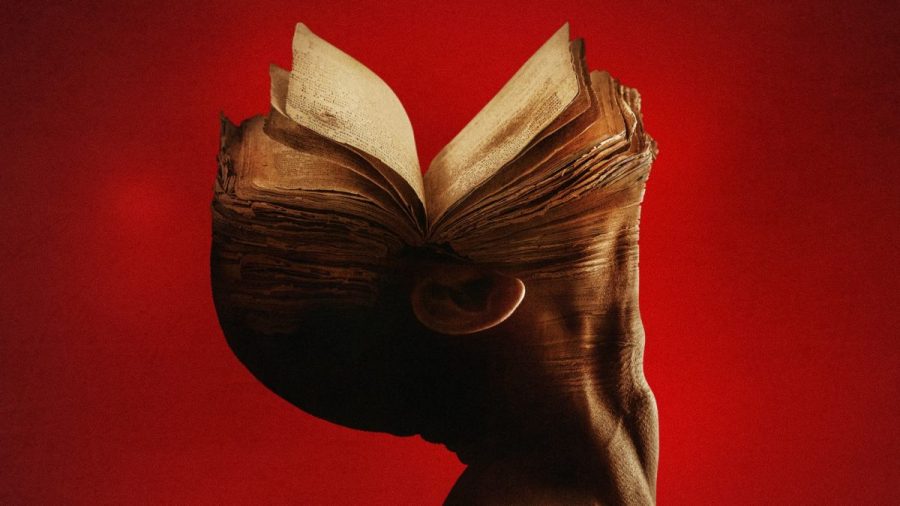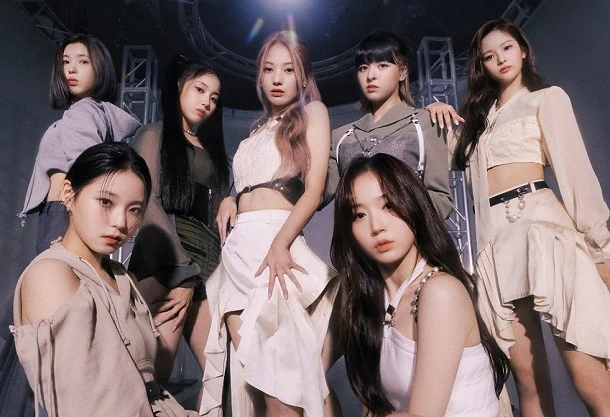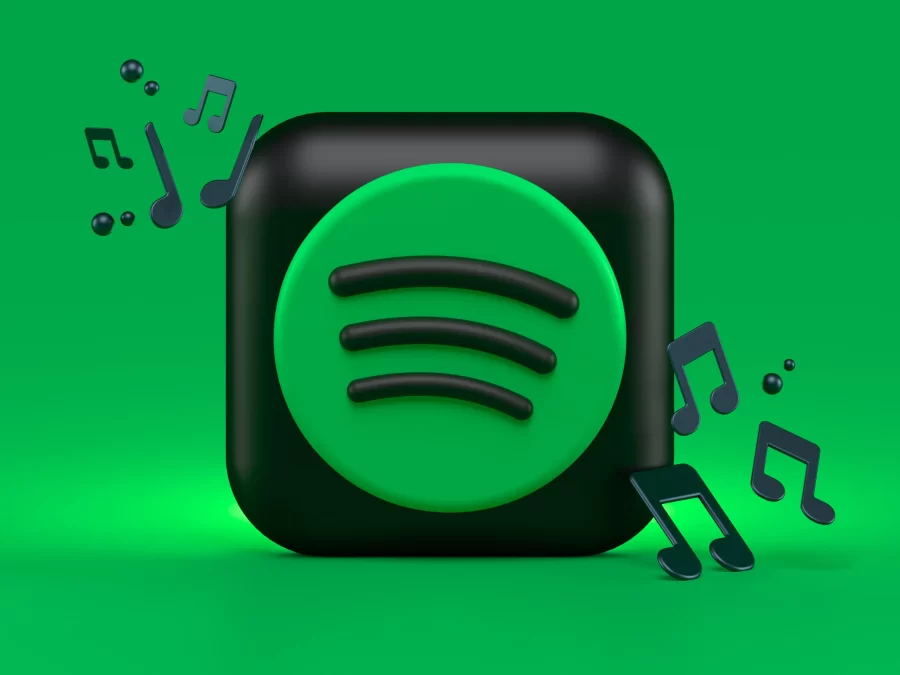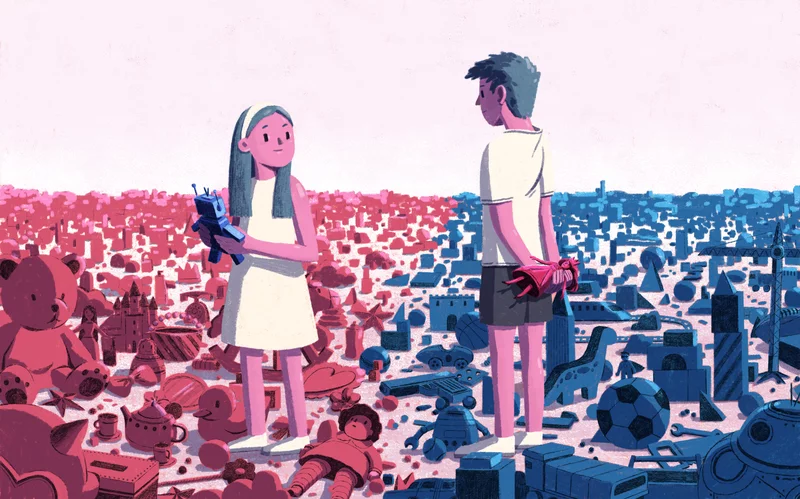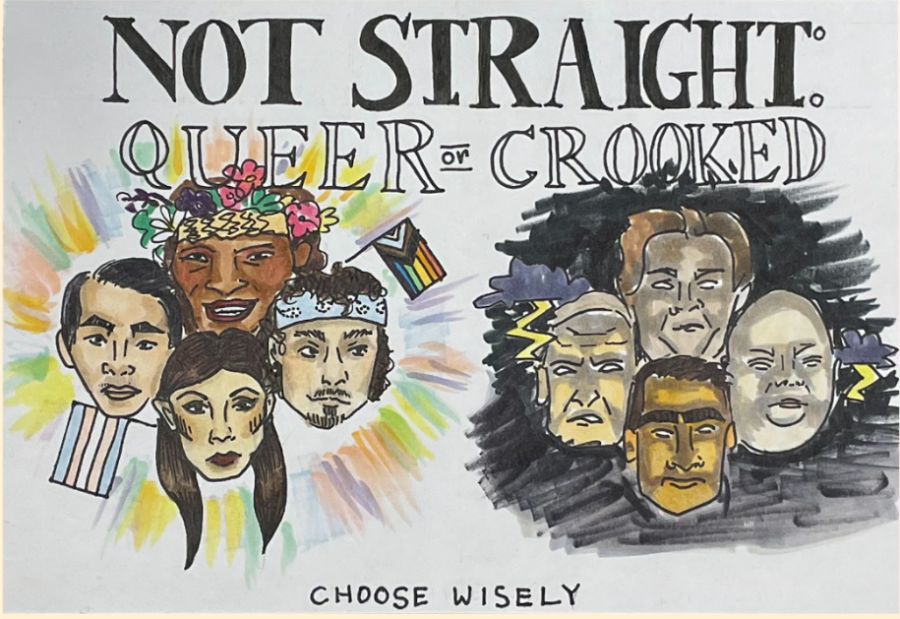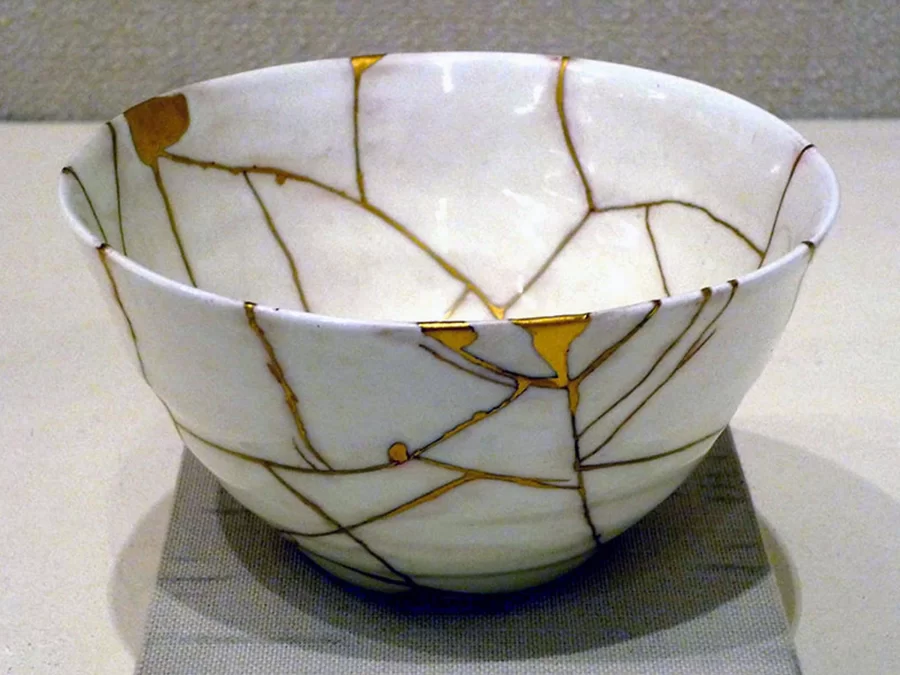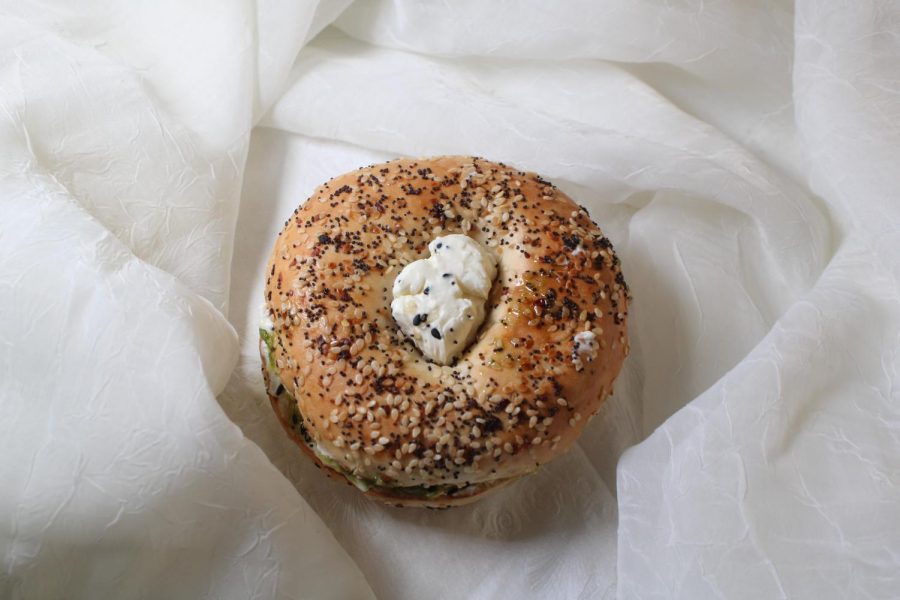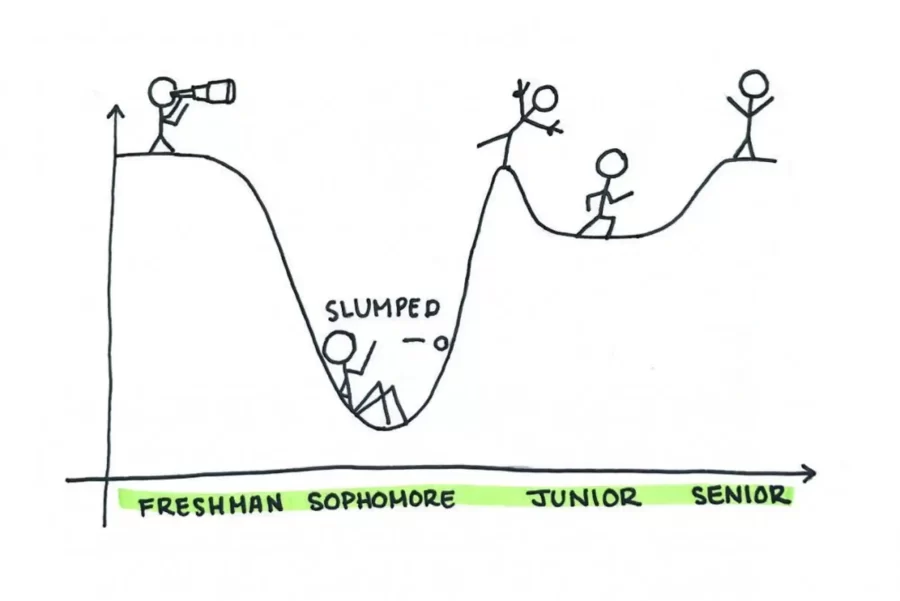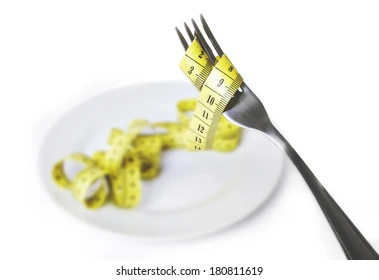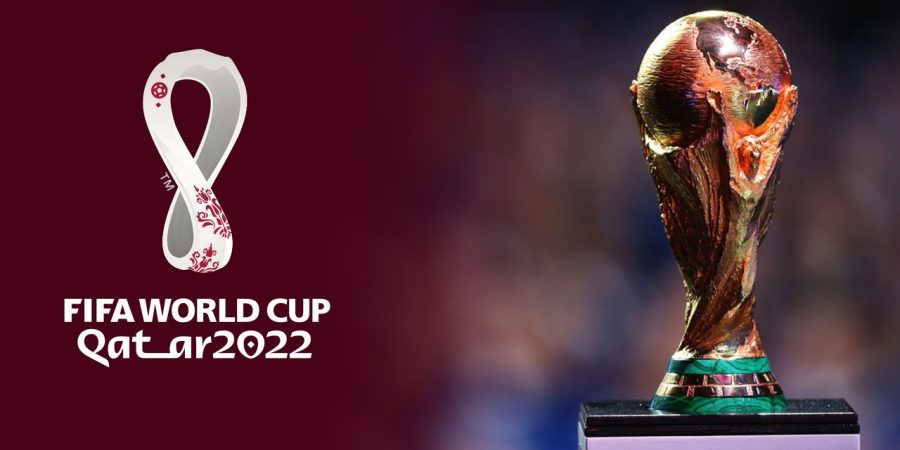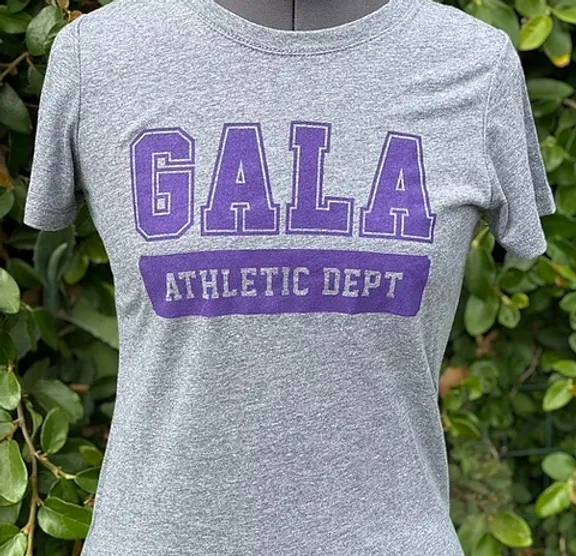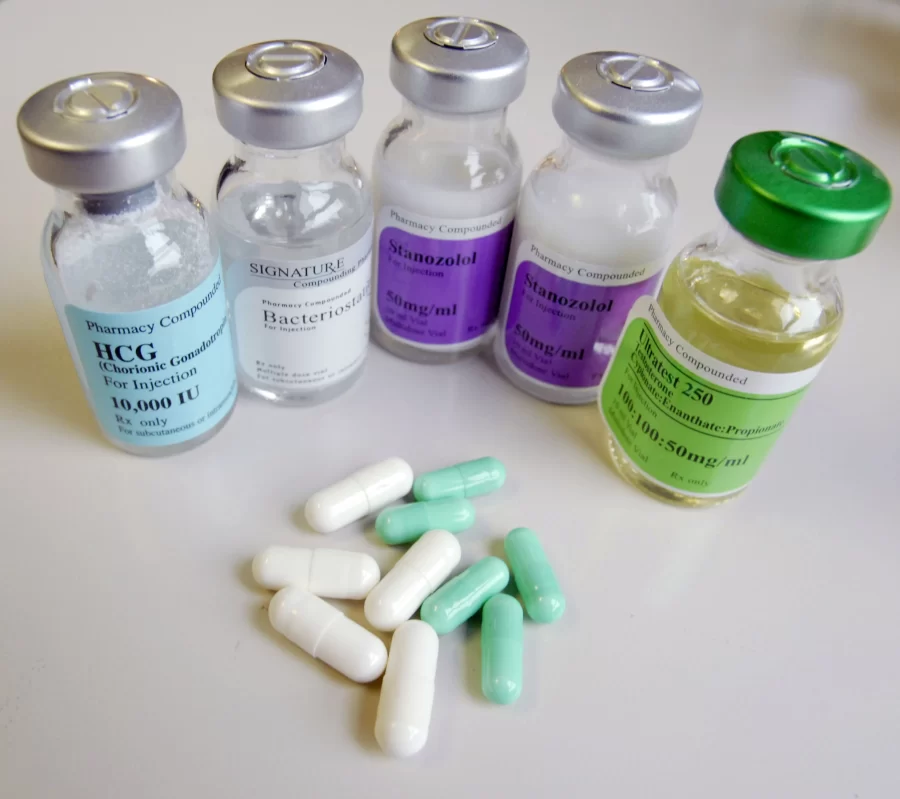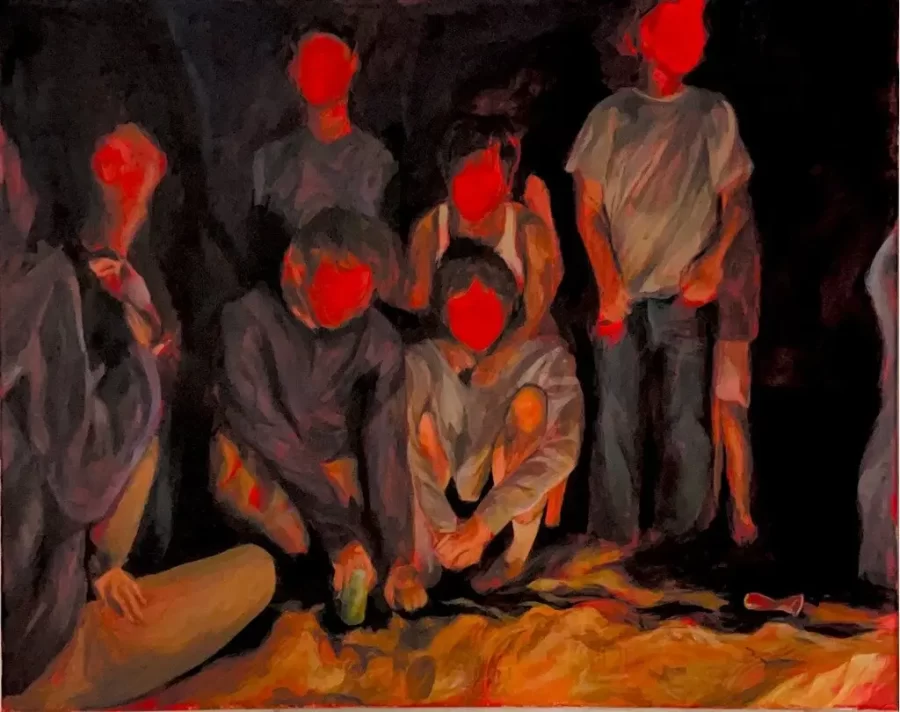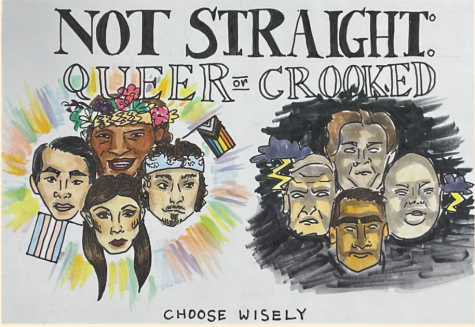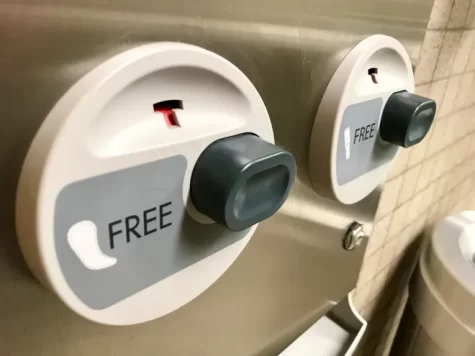Opinion | Peer Pressure – How it’s Changed
Celeste Wang
Portrays a painting submitted for the 2022 “Coming of Age” cartoon contest for the NY Times.
Disclaimer: The following is an Opinion Piece from The Echo’s Editorial Section. An opinion piece is one in which a writer expresses a firmly developed opinion that is supported by study, reasoning, and circumstantial evidence. It’s a writer’s approach of expressing both what they believe and why they believe it. As a result, any opinions stated in by-lined editorials reflect the author’s views, not the administration or student body of GALA.
Peer pressure has long been portrayed as a disease, a depiction that has held strong throughout history. It’s inarguably difficult to resign yourself to the fact that you might not be making your own decisions, especially in the mind of a teenager trying to gain and prove independence. However, peer pressure is not as blatantly parasitic as it is portrayed in the media.
There are different types of peer pressure: direct, indirect, spoken, and unspoken – and not all pressure has a detrimental impact. For example, going to a rigorous school such as GALA, you’re met with a bit of an expectation that you will try your hardest academically: this is positive peer pressure. In another vein, this kind of academic pressure to always be on par with your fellow classmates can be mentally draining: this is negative peer pressure. So how do you determine what kinds of pressure will have the best impact on you?
From middle school up until freshman year, I judged myself very harshly, claiming accountability for absolutely everything that happened in my life. Though I got all my work done, I would cry if I went to bed at any time later than 9 pm. I held myself to very high standards, not because of my peers, but because those were the rules I had assigned to myself. Now, as a junior, I generally go to bed past midnight.
This anecdote alone implies that I must have made some bad decisions, perhaps at the influence of my friends who have always gone to sleep later than I have. I must have submitted to negative peer pressure, and now I’m likely to die of a heart attack because I sleep an average of 6 hours per night (a fact I read up on around 1:30 am). However, I don’t think that it’s that drastic of a change, and it definitely isn’t all bad. I believe that having the ability to understand that something isn’t your fault is very important.
I’ve never been told, “you are a failure if you don’t do this,” or, “you aren’t cool if you don’t do this.” Most of the pressure I have experienced from the people I know is subtle, like a gentle nudge or a hand on your shoulder. It can be comforting to go with a group, because the indifference of my peers around me contrasted highly with the harsh urges in my head: “you are making the wrong choice,” “you are supposed to be a better person than everyone else,” “you are supposed to be better.”
I believe that peer pressure has changed over the years. Instead of the nagging you see in those health class videos, it’s more of that nudge I mentioned. But while I think pressure can improve self-confidence in some cases, it should come with a clearer warning. Peer pressure can be like one of those perfect moments, where you see a deer running silently through a forest, or it can be like a snake in the grass, quiet until it strikes.
I think that people should be more aware of this subtlety, across negative and positive types of pressure: it is of the utmost importance that you protect yourself and your needs. Understand what makes you feel comfortable, because peer pressure is never just direct, and while external forces can push you in the right direction, you should always keep your eyes open and mind ready to retake control, whatever path you take.
It’s not your fault if you don’t recognize pressure quickly, and I don’t think you should ever live in fear of your peers. But recognizing how peer pressure has changed can help you feel more comfortable in your own skin, whether or not you choose to accept it – just like recognizing and accepting some peer pressure helped me feel more comfortable in mine.

Sigrid Eyal is a junior at Girls Academic Leadership Academy. This is her first year in Journalism but has enjoyed many humanities courses and extracurriculars...
